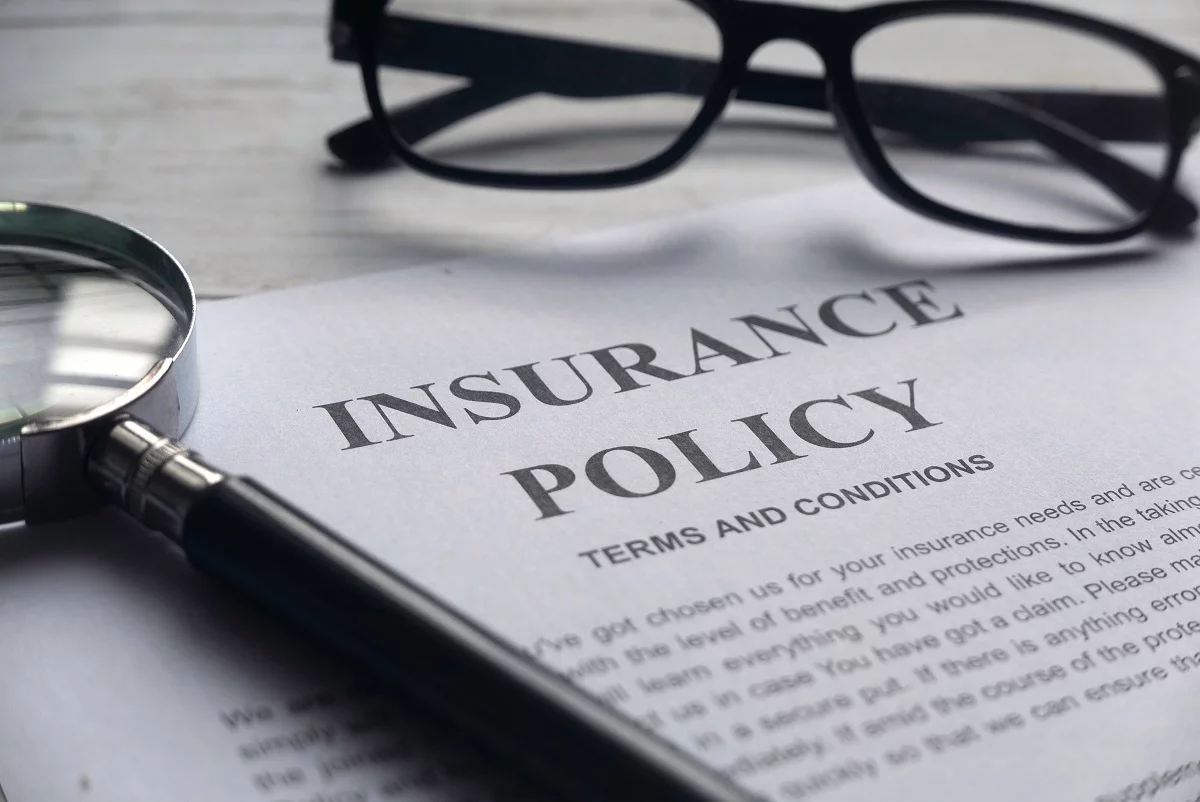
Property insurance with an insurance company: tips and tricks
If you want to keep your property safe and sound outside your home, you can protect yourself from risks by means of a deposit or, for example, a safe deposit box. However, if you would rather keep valuables on the territory of your property, it is more reasonable to secure them by signing a contract with an insurance company. In this article, you will learn everything about this method of keeping your valuables safe.
What are the advantages of concluding a property insurance contract?
We insure property to be certain that it is protected. The conclusion of an appropriate contract with an insurance company provides a guarantee of compensation for damages in the event of adverse events, specified in the contract. Such events are called insurance events.
But how does having an insurance policy protect the interests of a customer? Generally, the contract with the insurance company implies the payment of compensation in case of the following insured events:
- fire;
- robberies or thefts;
- mugging;
- breaking of communication systems (rupture of heating or sewage pipes, flooding by neighbors, etc.);
- unlawful acts of other persons regulated by the contract (this can be arson, vandalism with breaking windows, property damage and other unlawful acts);
- natural accidents (e.g. forest or steppe fires, avalanches, landslides, floods, etc.).
You can also use the policy to insure your own liability — for example, if you are at fault for damage to the property of your neighbors. The conclusion of an agreement with an insurance company will protect you, your loved ones and even the third parties from damage in case of any unfavorable situation.
We should also mention imputed types of insurance — when a person is voluntarily insured in order to gain access to certain services, privileges, material benefits, or activities. Such insurance gives additional opportunities that are not available without a policy. A prime example is the bank’s requirement to insure the health of the borrower and the property of the transaction when granting a mortgage loan for housing.

Rules for choosing an insurance company and concluding a contract
To make sure that the insurance policy does not turn out to be a disappointment because of unclear terms of the agreement or inaccurate wording, you should follow a simple algorithm:
1. Contact a trusted company. Pick a company based on the recommendations of your friends who have already dealt with this insurance company, or thoroughly analyze the conditions of several organizations on your own and choose the best one.
Pay attention to:
- A license for voluntary property insurance.
- The amount of damages paid.
- Conditions affecting the insurance rate. For instance, if you take out a policy for an apartment on the first floor, the rate will be 10-15% higher than the standard rates, but if it has bars on the windows, the rate will be 10% lower. One more detail: as a rule, the longer the period for which you conclude the contract, the lower the rate is.
For the record. Property that cannot be insured: property on the balance sheet of all kinds of departments, emergency buildings, houses for demolition, and similar facilities.
2. Before you sign a contract, read its terms and conditions. Check all the footnotes and notes, and consult a lawyer if necessary. What you should pay special attention to:
- What events, according to company regulations, fall under the notion of an insured event, and which do not, and why?
- What kind of insurance risks your policy will cover?
- What set of documents must be presented to the insurance company in order to receive compensation when an insured event occurs.
3. Find out how the company calculates the amount of the insurance payment. This should be discussed in detail — the amount you will receive if an insured event occurs should be clearly specified in the contract with the insurance company. According to the law, the insurance payment cannot exceed the actual or market value of the insured property at the time when the contract with the insurance company was concluded.
Why is it important?
- In case you overestimated the value of your property when signing the contract, the insurance company can legally challenge the amount you are asking for if an insured event occurs;
- If you undervalue the property, you will receive a lower compensation under the terms of the contract than you would have if you had stated the real value. Moreover, in this case, the insurance may not cover your costs of damages, and overviewing the amount of payment after the signing of the contract will no longer be possible.
Note: The amount of the insurance payout may vary depending on the kind of insured event that occurred and whether or not the damage to the property is reversible.
4. When signing the contract, be sure to list in writing all the property to be insured and attach photos that prove its condition. This will simplify the calculation of the incurred damage and obtaining proper compensation in the event of an insured event.
Insure your valuables to be sure of their safety.






















